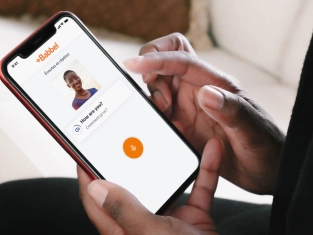by PushtoLearn
How about you vs What about you
"How About You"
"How about you" is used when asking someone how they feel, what they think, or what their situation is, often following a statement about your own feelings or situation.
Usage:
It’s typically used after sharing your own experience, opinion, or action, and you want to know if the other person feels or does something similar.
Example:
➡️ "I’m planning to go to the park today. How about you?"
➡️ "I’m feeling a bit tired. How about you?"
When to Use "How About You":
When you want to know the other person’s experience, feelings, or plans in a similar context.
When continuing a conversation where you’ve already provided your input or situation.
"What About You"
"What about you" is broader and can be used to ask someone about their opinion, situation, or actions in a more general sense. It’s not necessarily tied to your own situation or experience.
Usage:
Used to ask for information about the other person, often when you haven’t shared anything about yourself or when changing the topic slightly.
Example:
➡️ "I really enjoyed the movie. What about you?"
➡️ "I’m finished with my work. What about you?"
When to Use "What About You":
When you want to inquire about the other person’s perspective, opinion, or status, possibly after giving yours, but not necessarily in the same context.
When you’re shifting the conversation to focus more on the other person.
Common Scenarios
After Sharing Your Plans or Feelings:
➡️ "I’m having pizza for dinner. How about you?"
➡️"I’m excited about the weekend. How about you?"
When Discussing Opinions or Preferences:
➡️ "This music is great. What about you?"
➡️ "I’m done with my report. What about you?"
FAQ
Can "How about you" and "What about you" be used interchangeably?
They are often used interchangeably, but "How about you" is more closely tied to the speaker’s statement, while "What about you" is more general.
Which phrase is more formal?
Both phrases are informal and are commonly used in everyday conversations. Neither is particularly more formal than the other.
Is there a situation where only "How about you" works?
Yes, when directly asking about someone’s experience or feelings that mirror your own, "How about you" is more appropriate. Example: "I’m feeling good. How about you?"
Can "What about you" be used to change the subject?
Yes, "What about you" can be used to shift focus to a different topic or to the other person’s situation. Example: "I’ve already finished my assignment. What about you?"
Are these phrases considered polite?
Yes, both "How about you" and "What about you" are polite ways to show interest in the other person’s perspective or situation.

